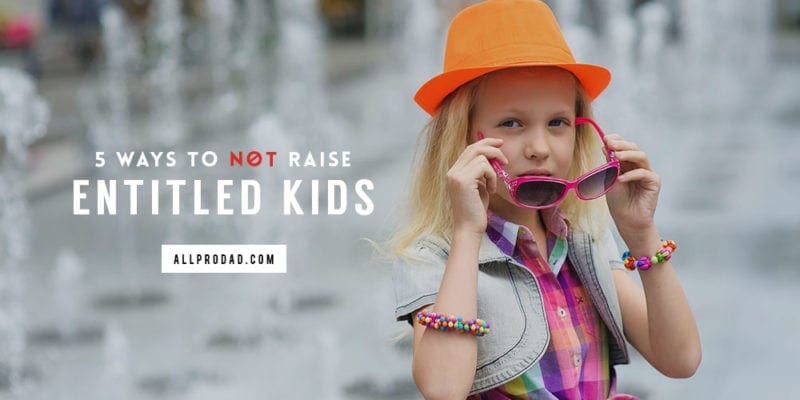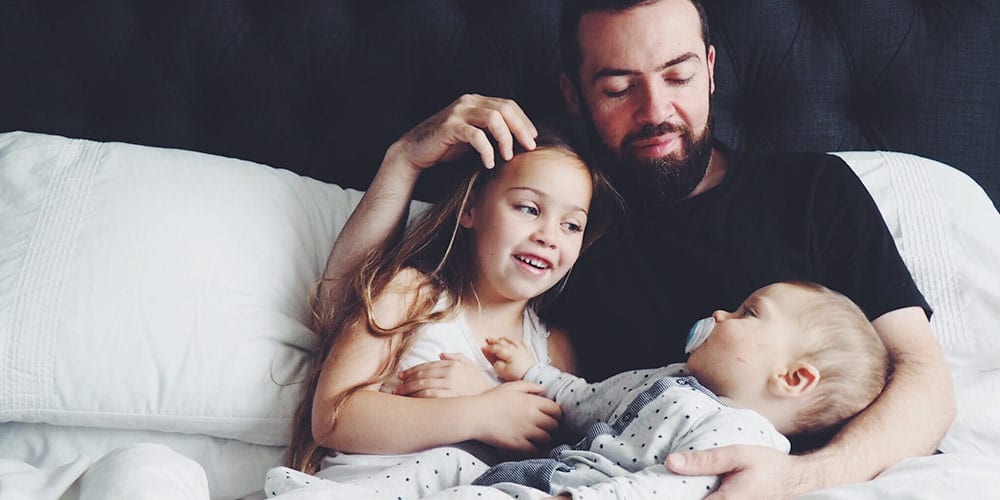Most parents would agree that saying no to their children is an essential part of being a good parent and raising kids with discipline, character, and discernment. Part of all parents’ job is to protect their children from many things kids aren’t even aware they need to be protected from. But on the flip side, sometimes as parents, we’re guilty of habitually saying no before our kids can even finish the sentence, without having given any fair consideration to their request. And while saying no is often necessary, there’s not always a good reason for saying no. In fact, for certain things, it’s super important to be a “yes parent.”
So the next time you’re hit up with 20 questions from your kids about things they want to do or have, use these 3 questions as practical guidelines for how to know when to say no.
Is it unethical?
What we allow or don’t allow our children to do must always first and foremost fall in line with our family values. Our children need to understand what we stand for and what we believe is right and wrong. So when a child wants to lie or bend the truth, when he desires retaliation or revenge, or when he simply wants to do something that goes contrary to our values, the answer should always be no.
However, I’ve seen many parents justify letting their kids participate in wrong practices by adopting this mindset: “Well, it’s a whole lot better than what they could be doing.” Let me encourage you as a parent to have clearly defined values in your home that help you and your children navigate the tough (and not so tough) decisions when they come. Don’t ever justify wrong behavior simply because it’s a lesser evil than something else.
Is it unwise?
There will be times when something may not be clearly wrong, but it still may not be in your child’s best interest.
- Just because little Johnny has $50 in cash doesn’t necessitate that he go spend $50 at the candy store.
- Just because little Susie was invited to spend the night at a friend’s house from school doesn’t make it a good decision, especially if you don’t know the family well.
- Just because your child wants a new puppy doesn’t mean he’s old enough or responsible enough yet to take care of one.
When our children come to us with requests, it gives us the opportunity to teach them wisdom in their choices. Sometimes that means we have to make the choice for them. Other times, we may have to let them make their own choice and learn from it, even if it’s the wrong one.
Is it unhealthy?
Especially if you have young kids still at home, 50% of the requests you get from your kids are probably going to be for candy or junk food (or they may not even ask). My kids usually ask me instead of their mom because they know they have a slightly better chance of getting a yes from me.
Why do parents say no to their kids when they want to have ice cream for supper and gummy bears for dessert? Because parents intuitively know that they are responsible for the health and well-being of their children.
Some of the biggest ongoing life choices that your children will have to make will concern what they do with and put into their bodies, so help them develop good habits while they are young for making wise health choices. They may not thank you now, but they will someday.
Even after filtering our response with these three questions, there will still be times when we know why something’s not in our kids’ best interest, but explaining it so they’ll understand won’t be easy. Sometimes we simply have to say, “I don’t expect you to understand this, but I love you, and you’re just going to have to trust me.”
Any good dad loves being able to say yes to his children when he can. But being able to say yes for our kids’ enjoyment also requires that we know when to say no for their benefit.
Sound off: How do you evaluate whether to say no to your kids?











Huddle up with your kids and ask, “Have you ever regretted a decision you made?”